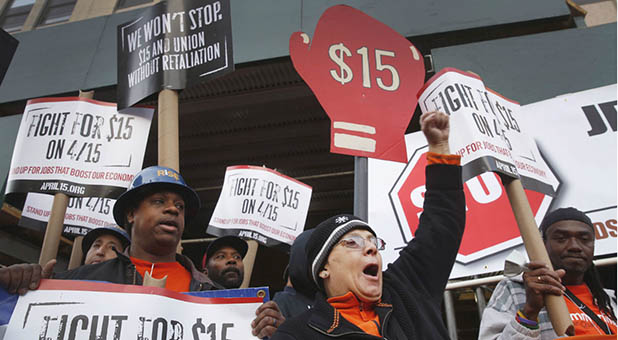A new study published in the science journal Nature Human Behaviour finds that in most situations, people are unconcerned about economic inequality as long as distributions of wealth are fair:
There is immense concern about economic inequality, both among the scholarly community and in the general public, and many insist that equality is an important social goal. However, when people are asked about the ideal distribution of wealth in their country, they actually prefer unequal societies. We suggest that these two phenomena can be reconciled by noticing that, despite appearances to the contrary, there is no evidence that people are bothered by economic inequality itself. Rather, they are bothered by something that is often confounded with inequality: economic unfairness. Drawing upon laboratory studies, cross-cultural research, and experiments with babies and young children, we argue that humans naturally favor fair distributions, not equal ones, and that when fairness and equality clash, people prefer fair inequality over unfair equality. Both psychological research and decisions by policymakers would benefit from more clearly distinguishing inequality from unfairness.
Economist Tyler Cowen notes that this finding is in line with other research on public perceptions of economic inequality:
A recent research paper by Graham Wright of Brandeis University found that polled attitudes about economic inequality don’t correlate very well with the desire for government to address it. There is even partial evidence, once controls are introduced into the statistics, that talk of inequality reduces the support for doing something about it. So, if you are a conservative, the next time you get upset about that Paul Krugman column, keep in mind he might just be, unintentionally, working for you.
Click here to read more of his analysis. {eoa}
Joe Carter is a senior editor at the Acton Institute. Joe also serves as an editor at The Gospel Coalition, a communications specialist for the Ethics and Religious Liberty Commission of the Southern Baptist Convention and an adjunct professor of journalism at Patrick Henry College. He is the editor of the NIV Lifehacks Bible and co-author of How to Argue like Jesus: Learning Persuasion from History’s Greatest Communicator (Crossway).
This article was originally published at Acton.org. Used with permission.
See an error in this article?
To contact us or to submit an article






















